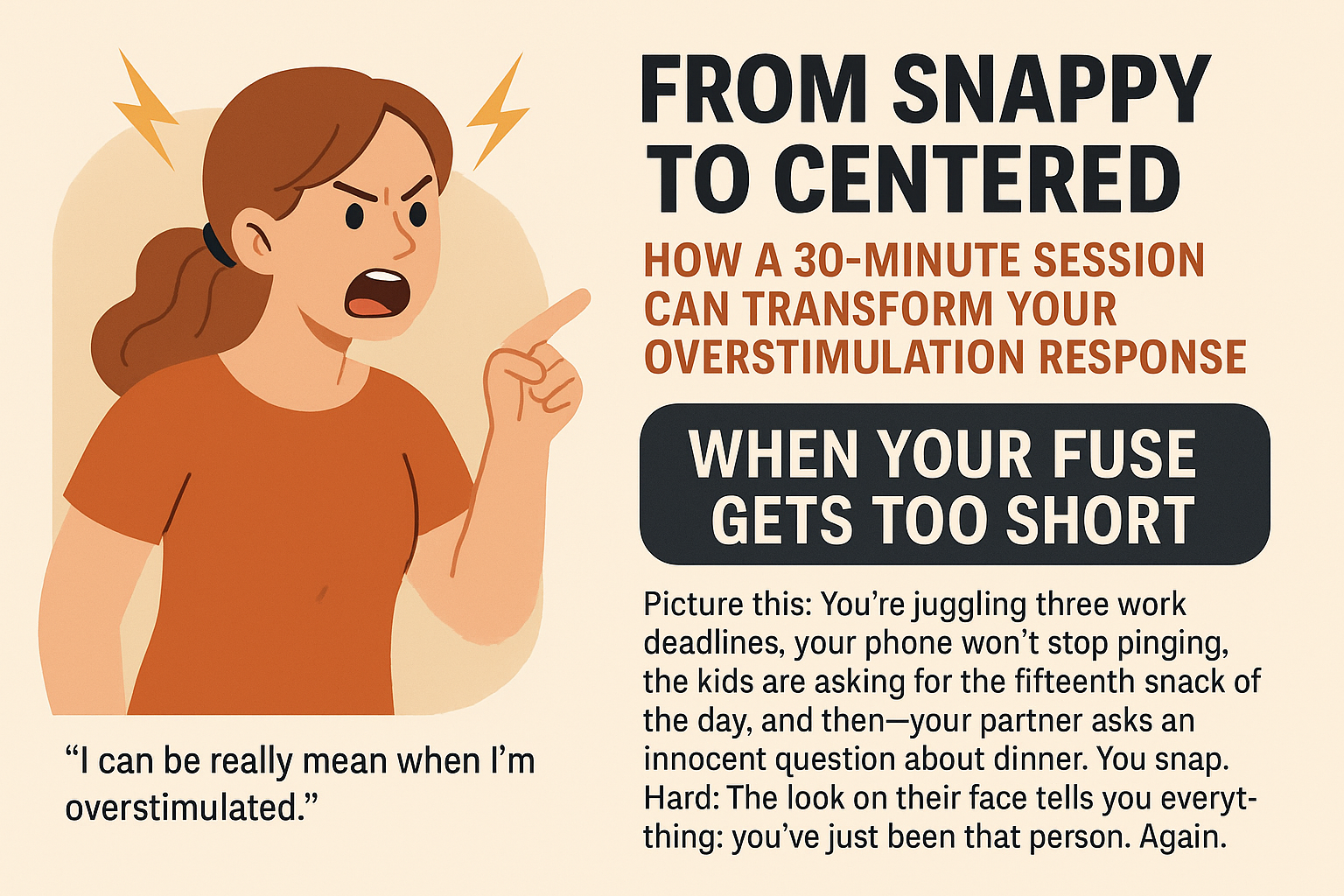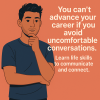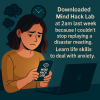
That 3:07 AM Wake-Up When Your Brain Won't Shut Off
I was lying there at 3:07 a.m. again. Not 3:00. Always 3:07. My brain replaying that Slack message where I might have sounded "off." Then jumping to tomorrow's presentation. Then that weird thing my coworker said about deadlines.
My Rest & Recovery pillar? Toast. But here's what nobody told me—when that pillar cracks, it takes Emotional Mastery down with it.
The Part Where I Became Someone I Didn't Recognize
Last week, my partner asked what we should order for dinner. Simple question, right? I responded like they'd asked me to solve climate change while debugging code. The look on their face... yeah. I'd done it again.
I found this tweet later: "I can be really mean when I'm overstimulated." 55,000 retweets. I just sat there thinking—oh. That's exactly what's been happening to me.
When emotional regulation cracks, you're not actually choosing to snap at people. Your brain literally goes offline. The patient, "thanks for asking about dinner" part? Gone. Instead, you get caveman brain that treats every question like a threat.
My Tuesday Looked Like This
Phone buzzing before coffee. Three "urgent" emails that weren't urgent. Teams notifications during my only focus block. That construction noise that starts at exactly 8:01 a.m. My neighbor's music bleeding through the walls while I'm on calls.
By 2 p.m., I'm ready to throw my laptop out the window. By 6 p.m., I'm snapping at anyone within earshot.
We're getting hit with 80-120 notifications daily, while 66% of us are burned out. No wonder our brains are fried.
I Tried This 30-Minute Thing (Hear Me Out)
Look, I'm not about to tell you meditation changed my life. I tried it. Lasted exactly three minutes before I started wondering if my plants needed water and whether I responded to that email from Thursday.
But then I learned about something called the Center-Breath + Label technique. One focused session to rewire how your nervous system handles overload. Not months of therapy. Not daily journaling. One session.
Actually, wait—let me back up. I was skeptical too. But my options were:
- Keep snapping at people I care about
- Try this thing
- Quit my job and become a lighthouse keeper
Here's What Actually Happened
First few minutes: Learning my tells. Turns out when I'm heading toward Monster Mode, my jaw clenches and I start that shallow breathing thing. Who knew I had patterns?
Middle part: Practicing the 2-Minute Reframe. Not some woo-woo breathing. Actual tools that bring your rational brain back online when everything's chaos.
Last bit: Making a real plan. Like, what do I actually DO when three people message me while I'm trying to focus and someone's asking about that report?
The Weird Part Where It Worked
Three days later. Multiple fires at work. The printer jammed during a deadline (because of course). Two meetings got moved to the same time slot.
Old me would've gone nuclear. Instead, I used this pause thing from the session. I handled it. My coworker literally asked if I was okay because I wasn't radiating stress for once.
I'm not suddenly zen. Last week I still got overwhelmed and hid in the bathroom for five minutes. But now I know that's my Stress Mastery pillar wobbling, and I have actual tools to steady it.
Why This Actually Makes Sense
They explained it like this: Your nervous system is like a highway. When you're overstimulated, it's gridlock in every lane.
Most advice says "eliminate stressors." Right. I'll just tell my boss to stop scheduling meetings. That'll work.
This approach builds new lanes instead. Your brain can literally create new pathways in one intensive session. Studies show most people see changes within 48 hours.
This is a skills practice, not medical or mental-health treatment.
"But My Situation Is Different"
Yeah, I said that too. My excuses:
- "I don't have time" → It's 30 minutes. I've spent longer choosing what to watch on Netflix
- "My stress is next-level bad" → That's literally what it's designed for
- "I can't sit still for meditation" → This isn't meditation. Thank god.
The Part I Wish Someone Had Told Me Earlier
Nobody taught us this stuff. My parents' generation just called it "having a temper" and powered through. They didn't know about prefrontal cortex shutdowns or nervous system regulation.
We learned to drive. We learned Excel shortcuts. We learned to fake confidence in meetings. But managing our own brain when it's overloaded? That got skipped.
You can learn it in one session. Tonight, even.
Look, Here's the Deal
You could keep reading articles about burnout (while burned out, which feels ironic). You could keep apologizing after you snap. You could wait for work to get less stressful.
Or you could take 30 minutes and learn why you turn into a stress monster at 3 p.m. every day.
I'm not saying it fixed everything. I still hate open office plans and whoever invented "reply all." But I stopped being the person who makes everyone else's day worse when I'm overwhelmed.
That feels huge.
If you're tired of the snap-regret-apologize cycle, just try it. What's 30 minutes? You've probably spent more time today in meetings that should've been emails.








